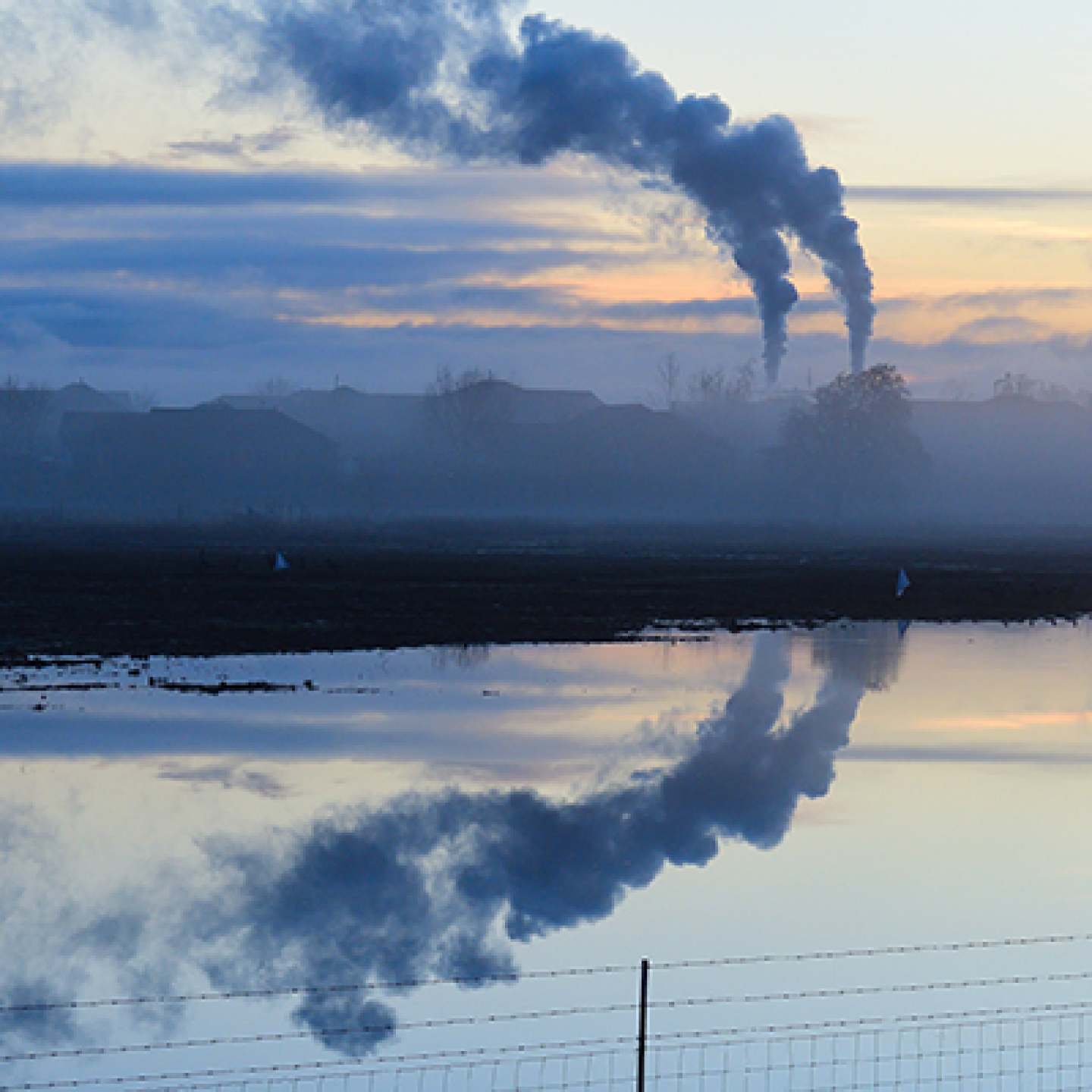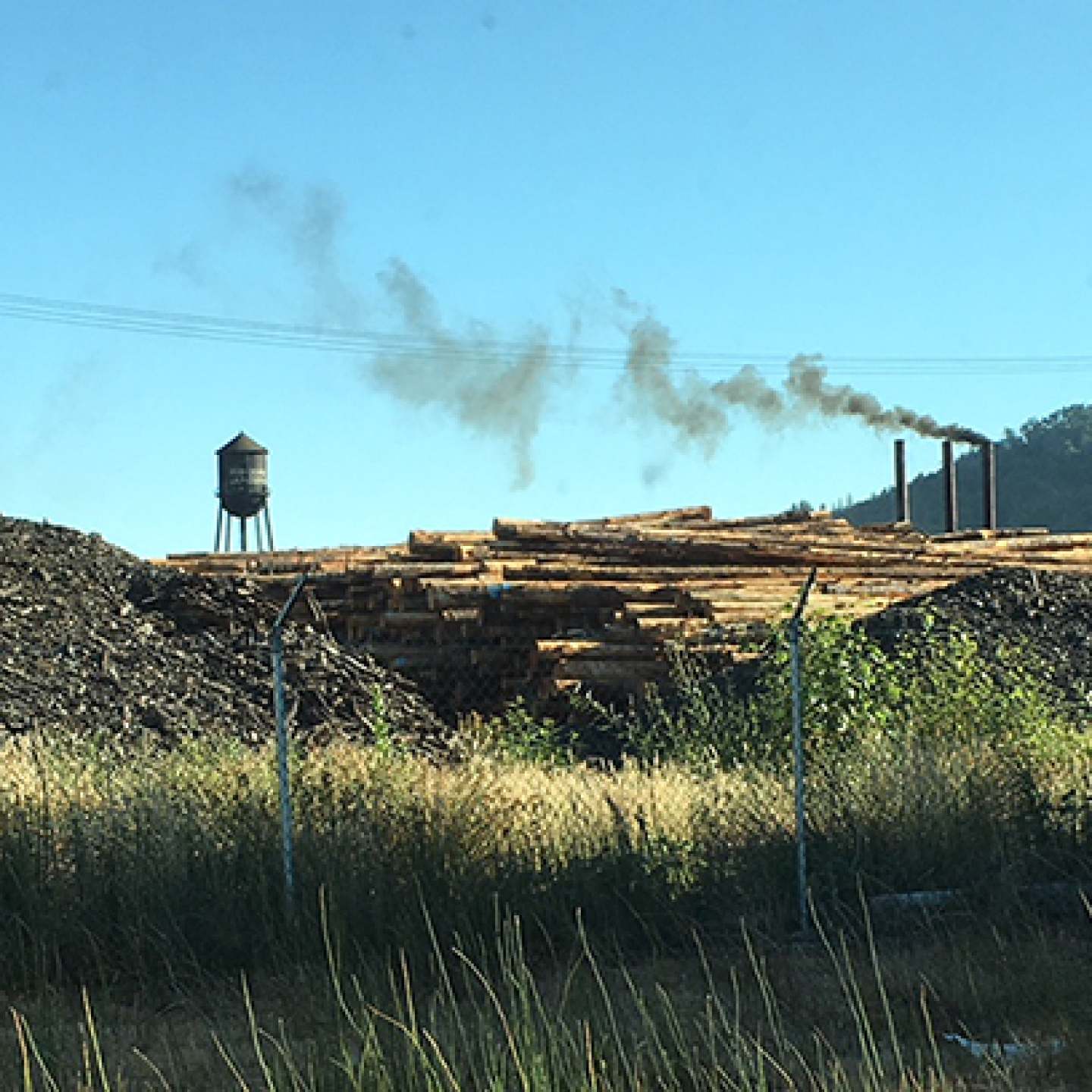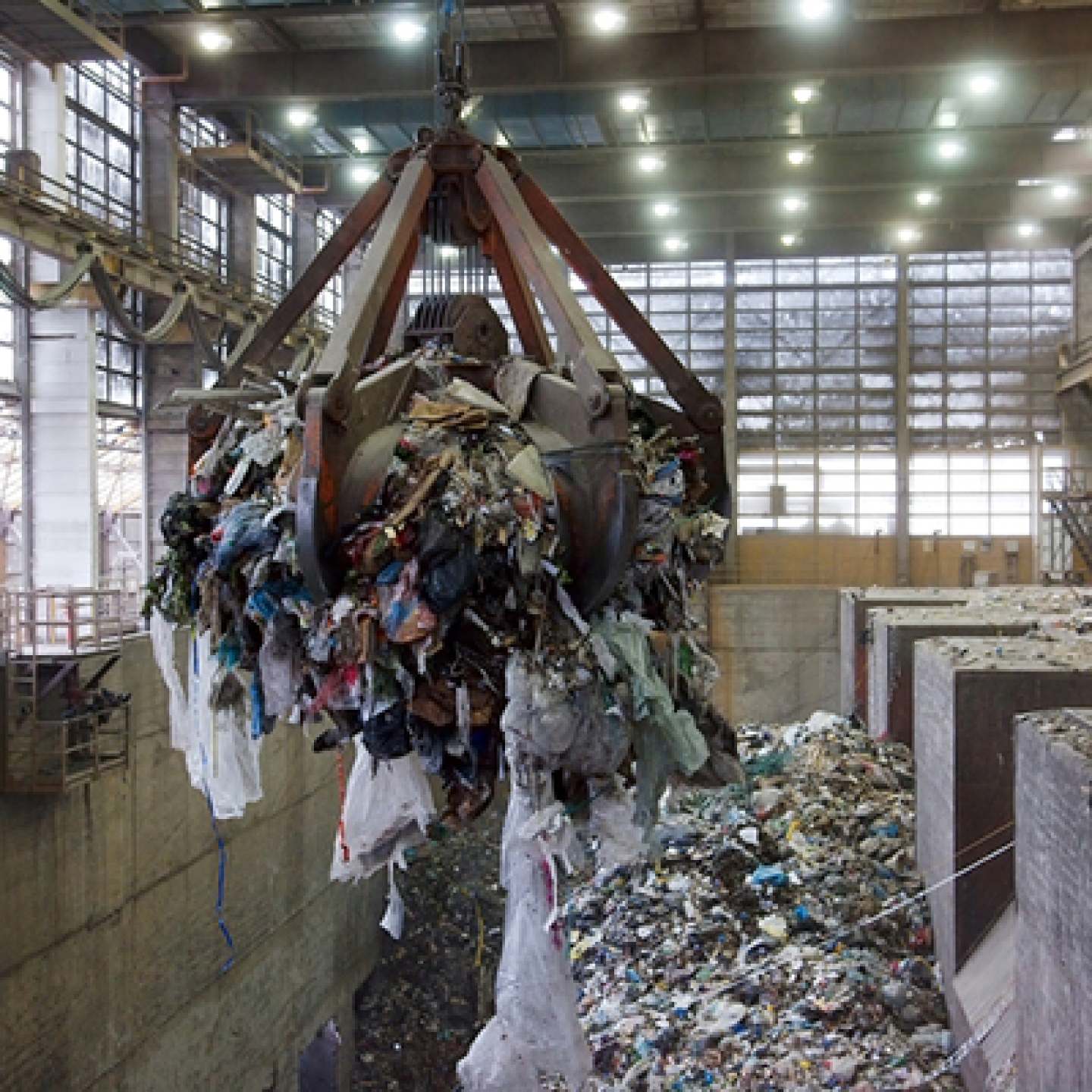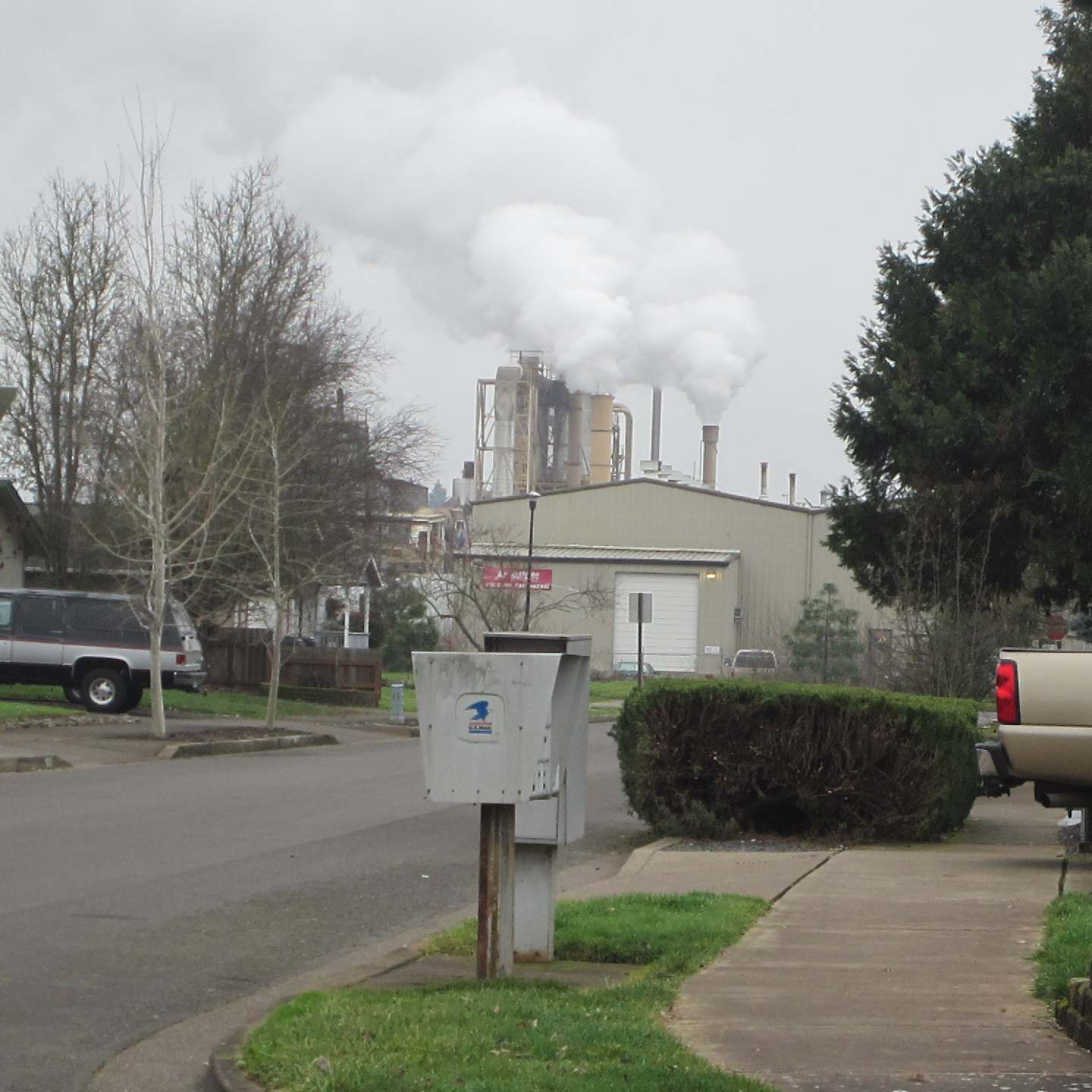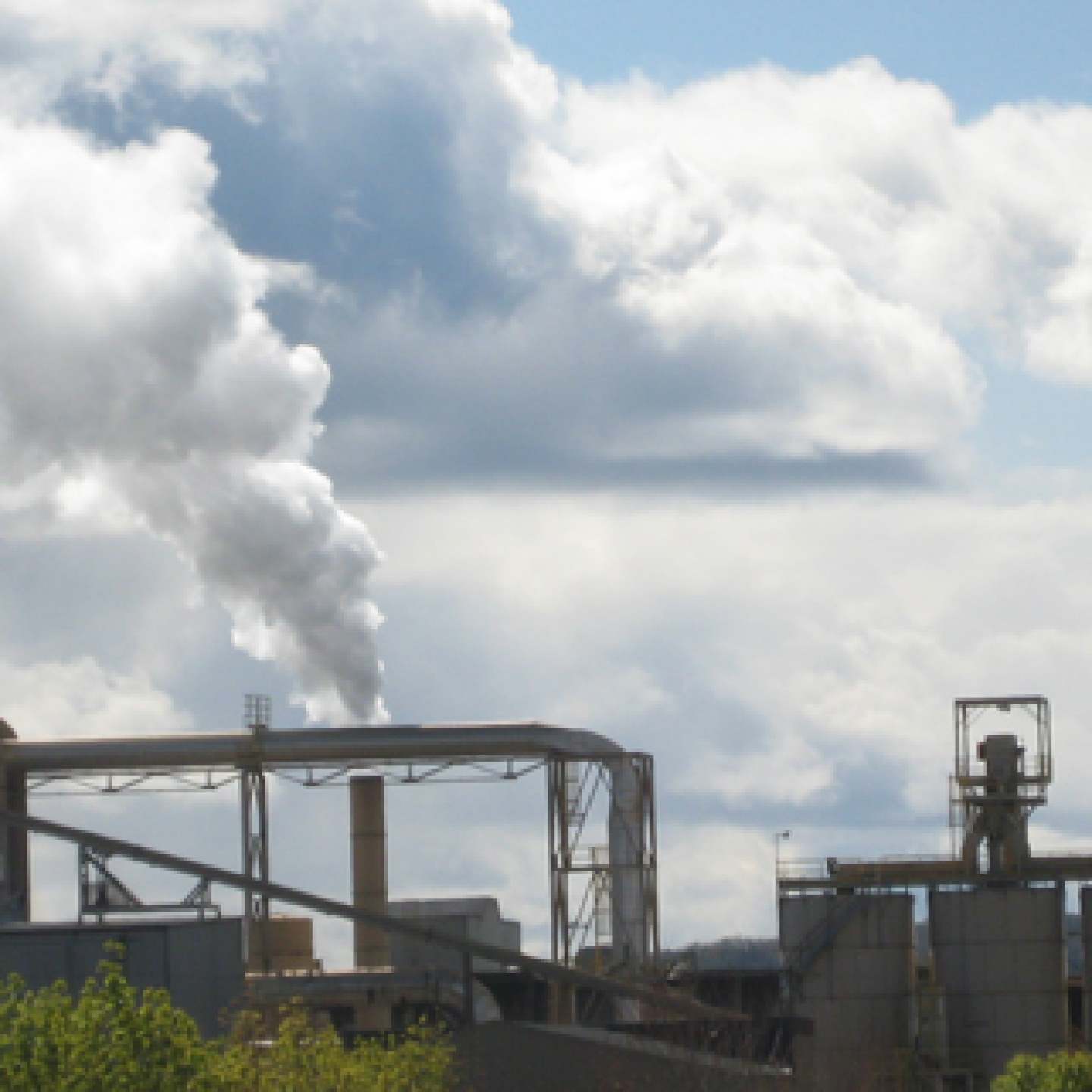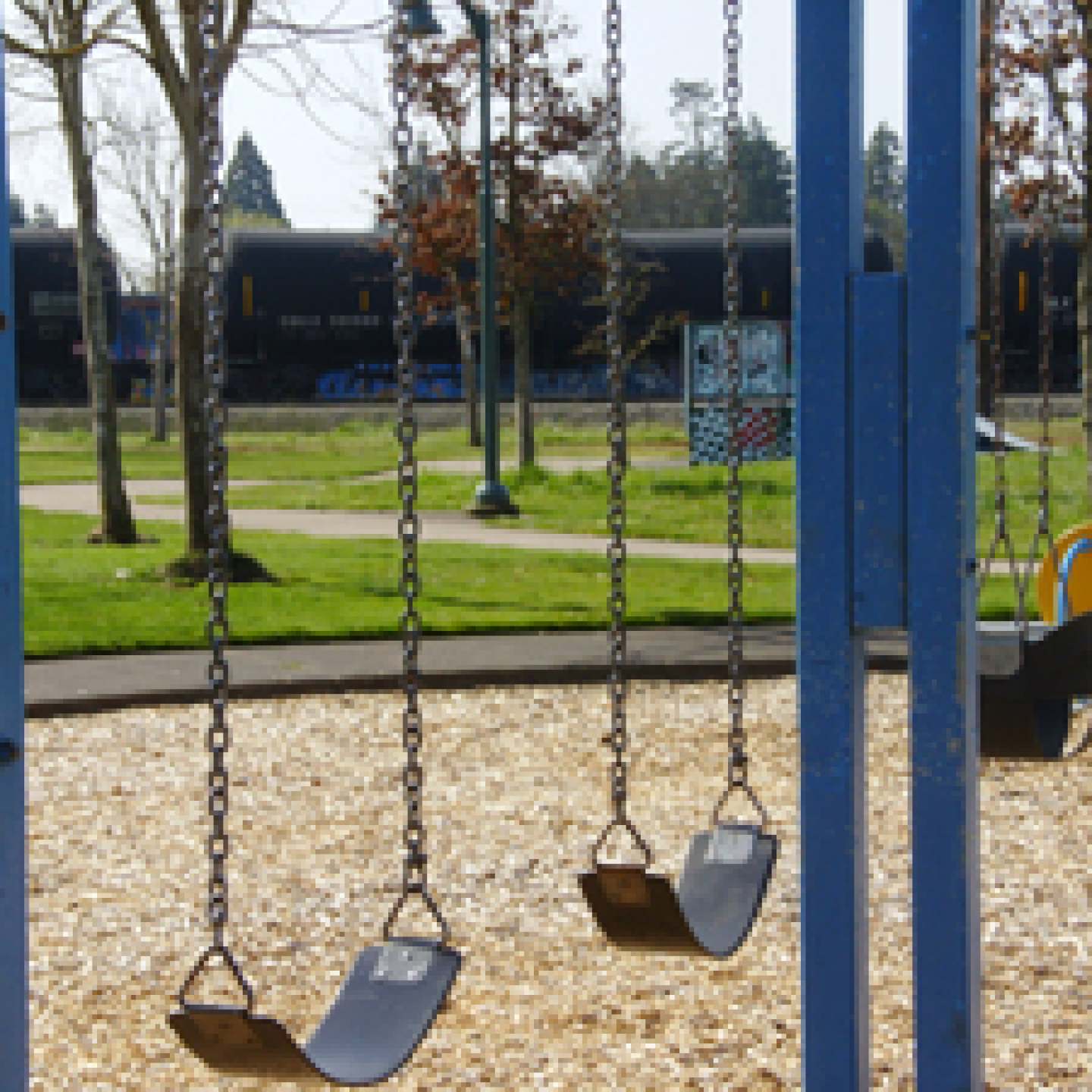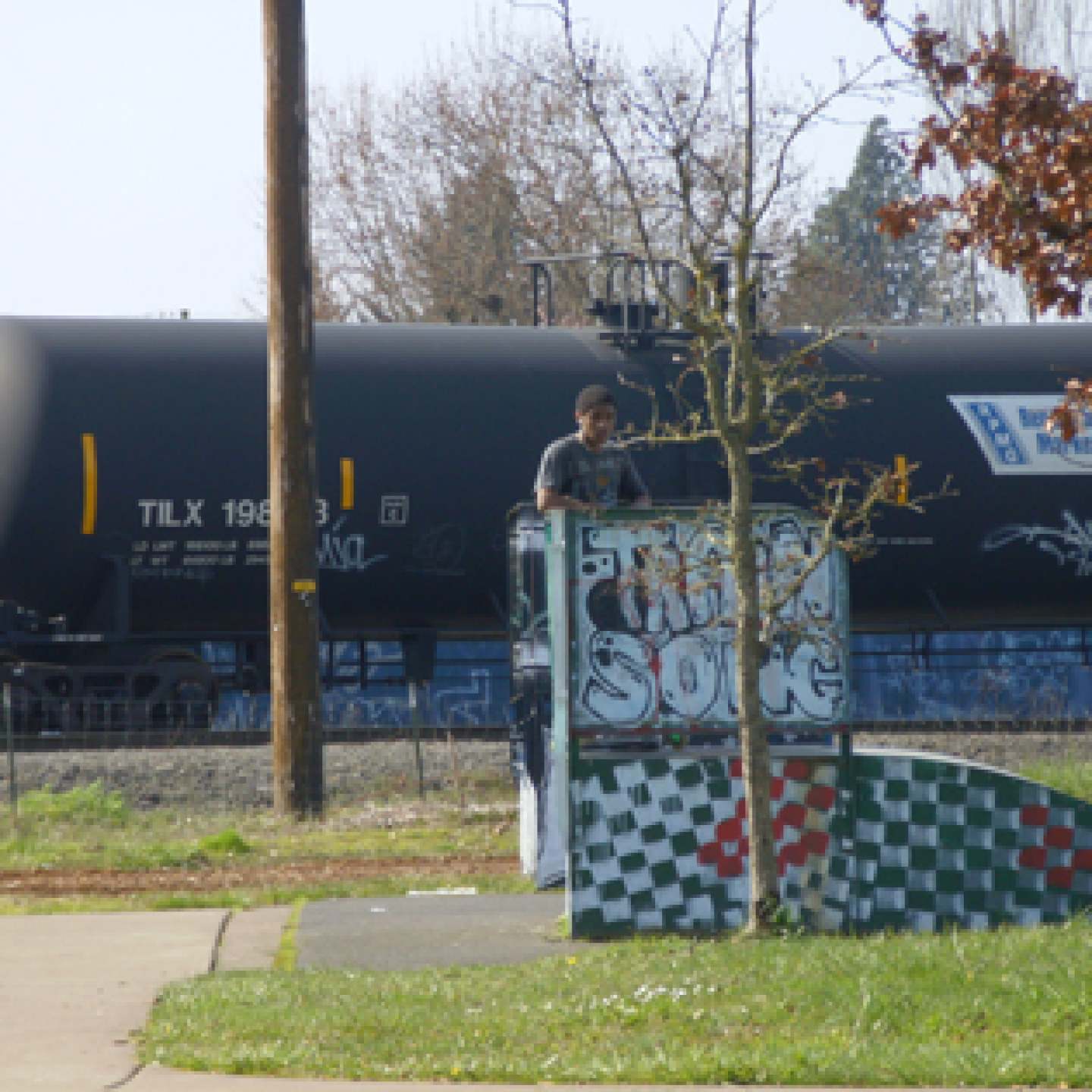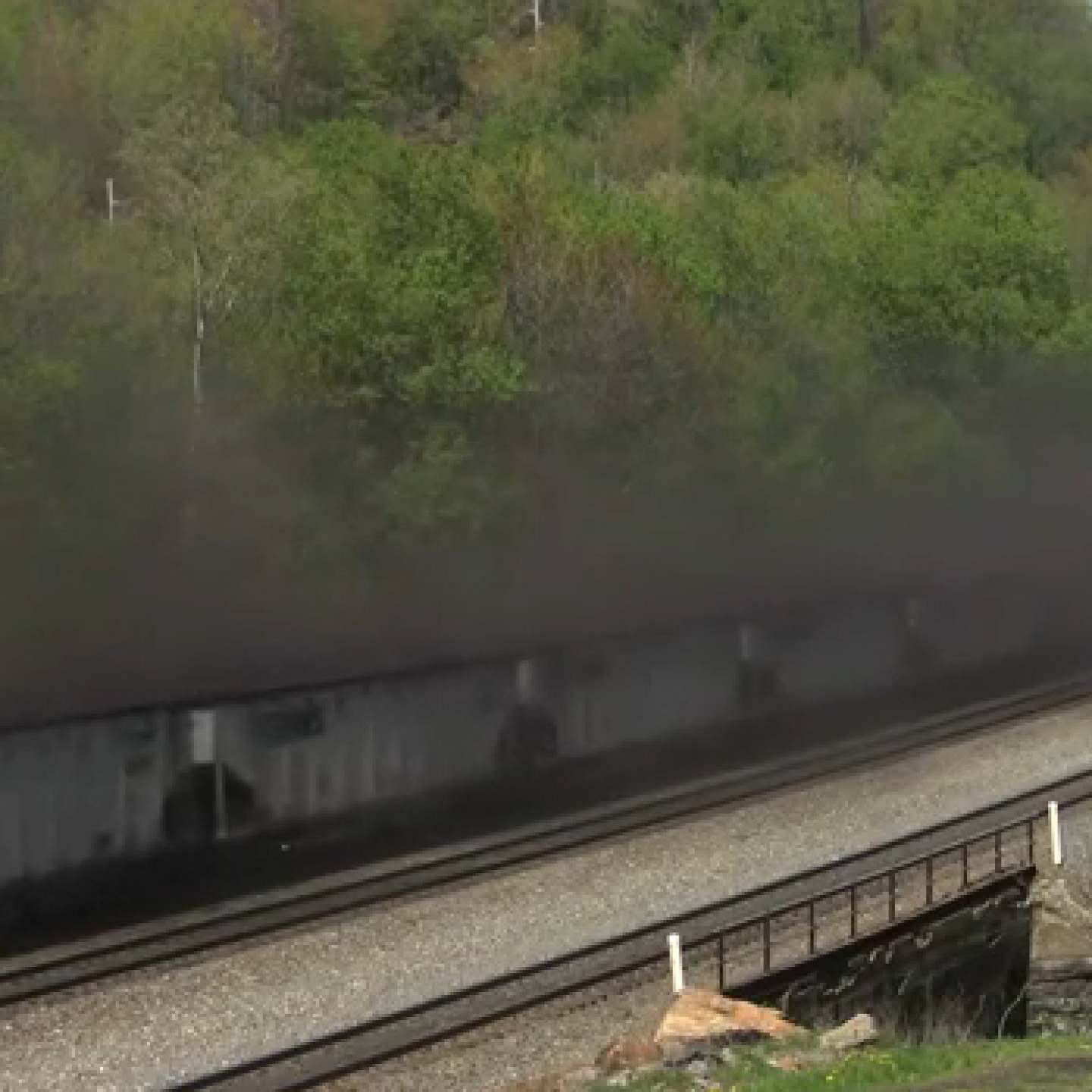The pandemic of COVID-19 exposed the truth of environmental injustices. People of color have more underlying and serious health conditions, including heart disease, respiratory diseases such as asthma or chronic bronchitis and diabetes. Exacerbating these health vulnerabilities is inequitable access to adequate health care coverage and discrimination when seeking medical treatments. While age is certainly a risk factor, it turns out the biggest determinants of whether a person might die from contracting the virus is living near air pollution emitters and being African American.
A right to clean air
Do you wonder how polluted the air you are breathing is? The fact is, the quality of our local air is a critical factor in our health. Sadly, air pollutants commonly found in Eugene-Springfield’s air are known to cause serious harm to public health.
Trashy and Tricky
Have you noticed the red and white emissions stack to the east of I-5, just north of Salem? That is the Covanta Marion Municipal Solid Waste Incinerator. Covanta is a large corporation owning Oregon’s single trash incinerator.
If you care about climate and resiliency, then you’ll want to know about the poison pill Covanta has inserted into this year’s legislative deliberations on the Clean Energy Jobs bill and renewable energy programs.
Air Toxics are Unreported, thus Unaccounted
Portland Clean Air is releasing today a new report calling into question the validity of Oregon’s air permitting system. The study, A Comparison of Toxic Chemical Use by Permit Type in Multnomah and Washington County, looks at toxic chemicals used by manufacturers in Multnomah and Washington Counties that are reported to the State Fire Marshall and compares them to those reported to air regulators. The study demonstrates that up to 95% of hazardous chemical usage is by industries that do not report their hazardous air pollution to a regulatory authority.
Regulating air for community health - a new concept in Oregon?
Governor Kate Brown initiated the Cleaner Air Oregon campaign after state agencies discovered that glass makers were the source of heavy metals – arsenic, cadmium, nickel and chromium – impacting nearby neighborhoods in Portland. Toxics heavy metals were found in the air and in the soil, including the soil of home gardens. Children were taken to doctors to have their blood tested for heavy metals known to cause cancer and neurological impairment. Residents were warned against eating their own homegrown vegetables! Indeed, Oregon has an air quality crisis due to a long history of lax regulations and negligible enforcement.
Oregon needs local toxics-reporting laws
It's important to know when you're being poisoned by industrial toxic discharges, whether to air, water or land. Some would even say you have a right to know. But how much you can know depends on good laws. Gaps and loopholes in federal and state regulations have allowed stained-glass manufacturing companies to pollute Portland residential neighborhoods with heavy metals without anyone knowing that extremely hazardous air pollutants were going into the air.
Environmental Justice: Air Agency’s Decisions Disproportionately Impact Minority and Low-Income Residents
We’re just fed up. Beyond Toxics has used all available channels to warn the Lane Regional Air Protection Agency (LRAPA) that it is ignoring its duty to protect the most vulnerable members of our community. Now we must turn to the United States Office of Civil Rights to ask for help to ensure that LRAPA follows recognized standards of justice and public health protections for the families of West Eugene.
Coal trains and beloved local spots
The coal industry wants us to believe that coal exports are inevitable, and that supporting continued mining and burning coal is our destiny. I would argue that a beautiful community and renewable energy future is our destiny, and obsolete coal is the doom and desperation of Big Dirty Coal.
Stopping coal: A renewed moral imperative
I want to be clear: I am not against trains (I often travel by passenger train)! I am, however, critical about using our rail system to haul coal to coastal ports and then load the coal and ship it off to Asian destinations.
The economics of exporting coal through Oregon
The Port of Coos Bay is planning to build a terminal to export coal delivered via rail by trains that would snake through the Columbia Gorge and Willamette Valley before switching tracks at Eugene onto the Coos Bay Rail Link. Many other communities in the Northwest are threatened with severe health hazards as coal gets transported through communities in Oregon and Washington by rail, barge, or shipped through the Columbia River Gorge, Portland and towns north.
